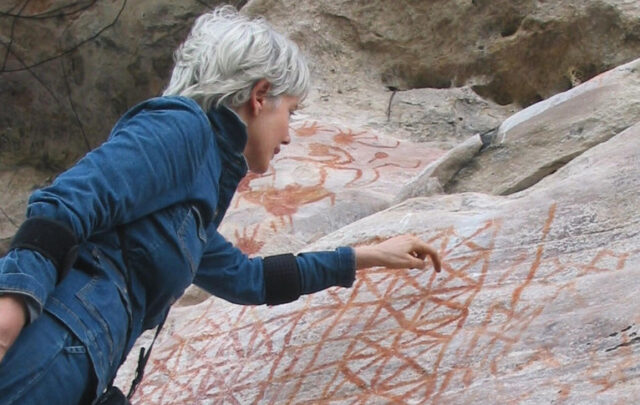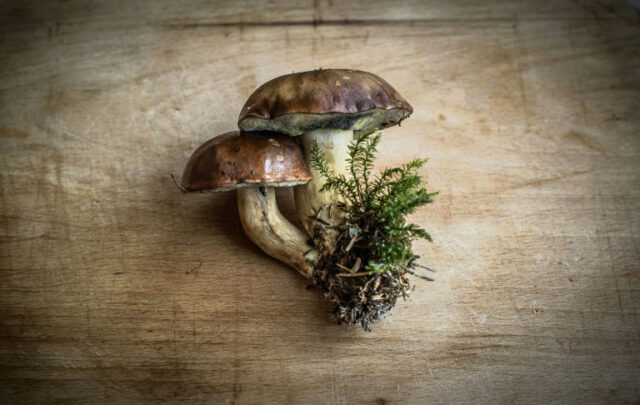
From GENE LOGSDON
We are all well aware of the no-man’s land of cultural difference between farmers and non-farmers. Visualize on the one hand a high rise apartment dweller in Manhattan burning more carbon than any human ever did before in history just to maintain his luxurious lifestyle while fretting about the evils of global warming. Hold that picture while, on the other hand, visualizing the farmer out in his barn on a frigid December morning shivering and quivering while losing money on every pint of milk he produces and wishing that global warming would hurry up and get here.
But there is another cultural divide coming to the fore in our society, this one between farmer and farmer. The best current example of this phenomenon is the flare up of opposition to Michael Pollan’s books criticizing industrial grain farms and animal factories. Agribusiness has suddenly realized it can no longer just ignore the opposition. A large scale corn and soybean farmer, Blake Hurst, went online with something he called the “Omnivore’s Delusion” to blast Pollan’s “Ominivore’s Dillema.” The crap really hit the fan. Industrial farm supporters and pastoral farm supporters went at each other on the Internet like a couple of tomcats, the former labeled sneeringly as factory food producers and the latter called, even more sneeringly, “agri-intellectuals.” Fast farming vs. fake farming.
I am on Michael Pollan’s side, more or less, but I also sympathize with industrial grain farmers. I’ve been there too. The debate has become so bitter because neither side has lived in the culture of the other except for a few misfits like myself. The new farmers most critical of industrial farming are almost total strangers to the facts of life of the farmers they criticize. I bet even money that if asked what he thinks the LDP will be on corn this fall, Michael Pollan would barely know what to say. Nor would he know anything much about the Direct and Counter Cyclical Program, or what a typical farm payment per acre might be under that program. Or if maybe if one were enrolled in the optional Average Crop Revenue Election program instead, what that would mean. Or what does he think about the CCC no longer requiring the execution of a storage agreement in storage facilities that are either federally-licensed or in compliance with applicable state laws. Or about the new vibrating shank cultivator which in some ways just might render obsolete all earlier arguments pro or con about soil cultivation. These matters are of huge and immediate importance to corn and soybean farmers who know that their survival depends on how well they can stay informed about them. They are every day sweating over their computers pursuing these matters, because, as one of them just told me, only by spending at least two hours every morning keeping up with world-wide market news can he hope to stay in business, no matter how many acres he farms. And then along comes these strange people (strange to him) blaming him because people are getting fat from eating the food he produces. As one editor of a farm magazine exclaimed in an editorial recently: “Where are these people coming from???” Perhaps another planet?
The pastoral farmers and garden farmers who support the Pollan point of view do in a way come from another planet. They at least see this planet under quite a different light. If a rotational grazier would ask an industrial corn farmer how to estimate DM intake per acre, the corn grower would not know what DM stands for, let alone how to estimate it. He most likely would not be able to define “rotational grazier” either. Nor could he fathom a kind of farming where perennial pastures could substitute for almost all the corn grown today. Or a planet where his vast corn fields would be supplanted by gardens. These are concepts just as inconceivable to him as it would be for a fervent Christian or Muslim to imagine that his idea of paradise just might be incorrect.
What farming needs today is not more scientific study but more cultural understanding.





